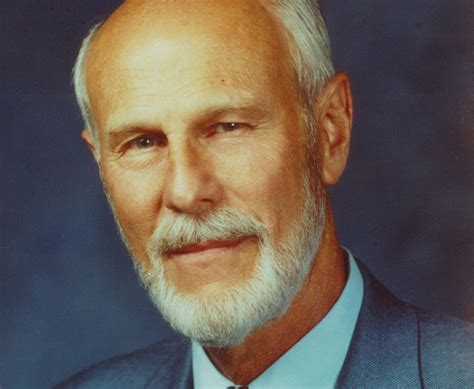A Quote by Erwin W. Lutzer
Our response to temptation is an accurate barometer of our love for God.
Related Quotes
Loving a holy God is beyond our moral power. The only kind of God we can love by our sinful nature is an unholy god, an idol made by our own hands. Unless we are born of the Spirit of God, unless God sheds His holy love in our hearts, unless He stoops in His grace to change our hearts, we will not love Him... To love a holy God requires grace, grace strong enough to pierce our hardened hearts and awaken our moribund souls.
The commandment of God is, that we love Our Lord in all our heart, in all our soul, in all our thought. In all our heart; that is, in all our understanding without erring. In all our soul; that is, in all our will without gainsaying. In all our their ought; that is, that we think on Him without forgetting. In this manner is very love and true, that is work of man's will. For love is a willful stirring of our thoughts unto God, so that it receive nothing that is against the love of Jesus Christ, and therewith that it be lasting in sweetness of devotion; and that is the perfection of this life.
If we do not abide in prayer, we will abide in temptation. Let this be one aspect of our daily intercession: "God, preserve my soul, and keep my heart and all its ways so that I will not be entangled." When this is true in our lives, a passing temptation will not overcome us. We will remain free while others lie in bondage.
Trusting God's grace means trusting God's love for us rather than our love for God. [...] Therefore our prayers should consist mainly of rousing our awareness of God's love for us rather than trying to rouse God's awareness of our love for him, like the priests of Baal on Mount Carmel (1 Kings 18:26-29).




































